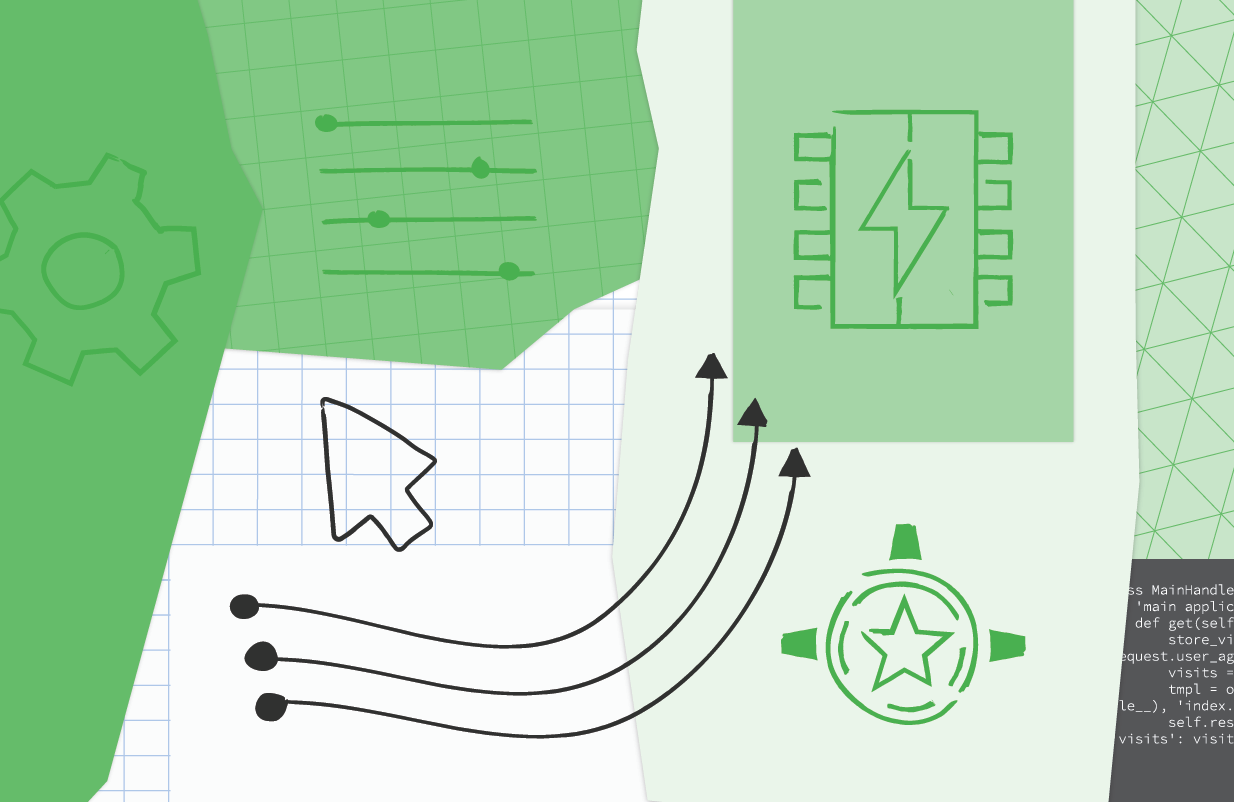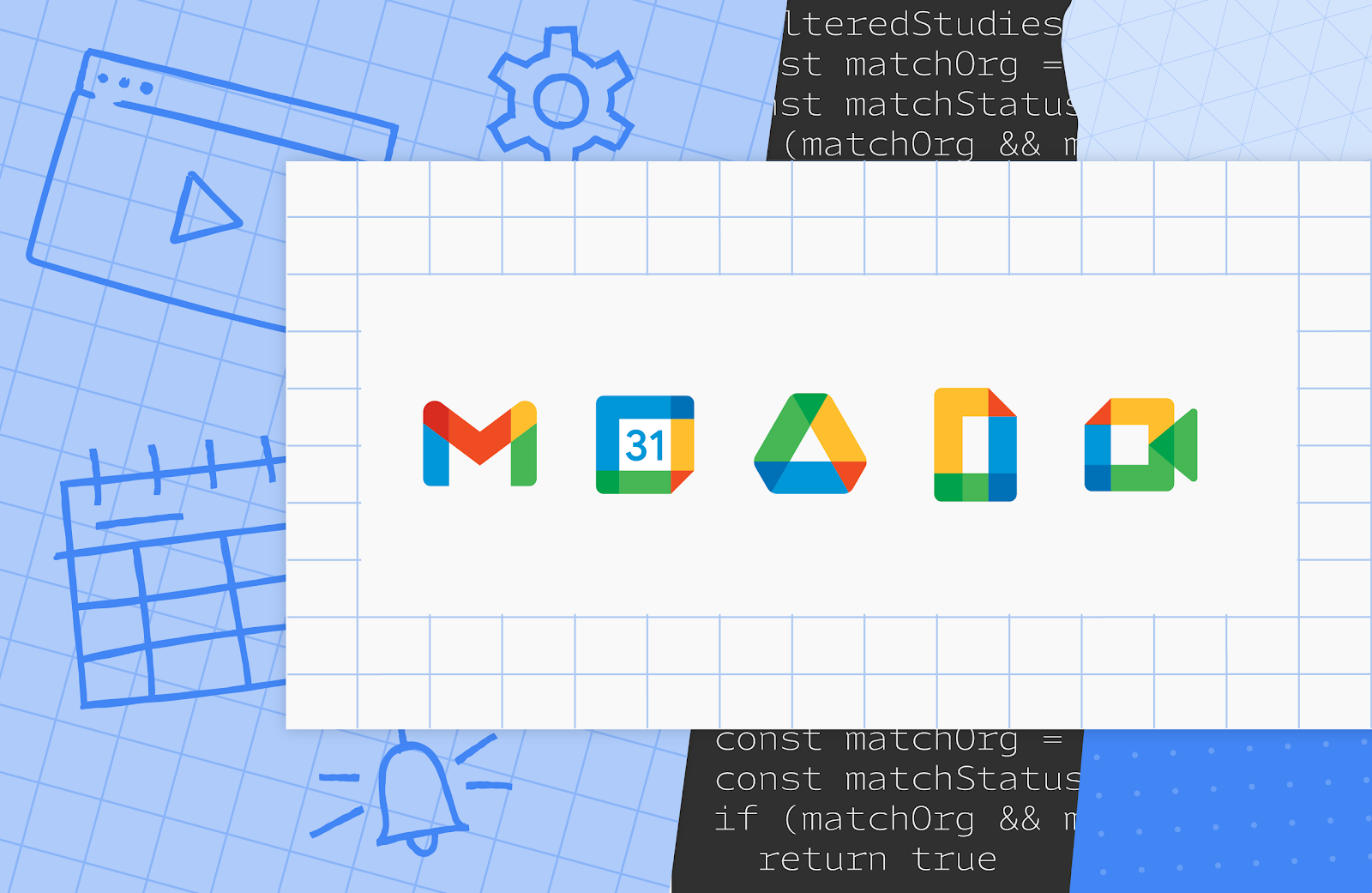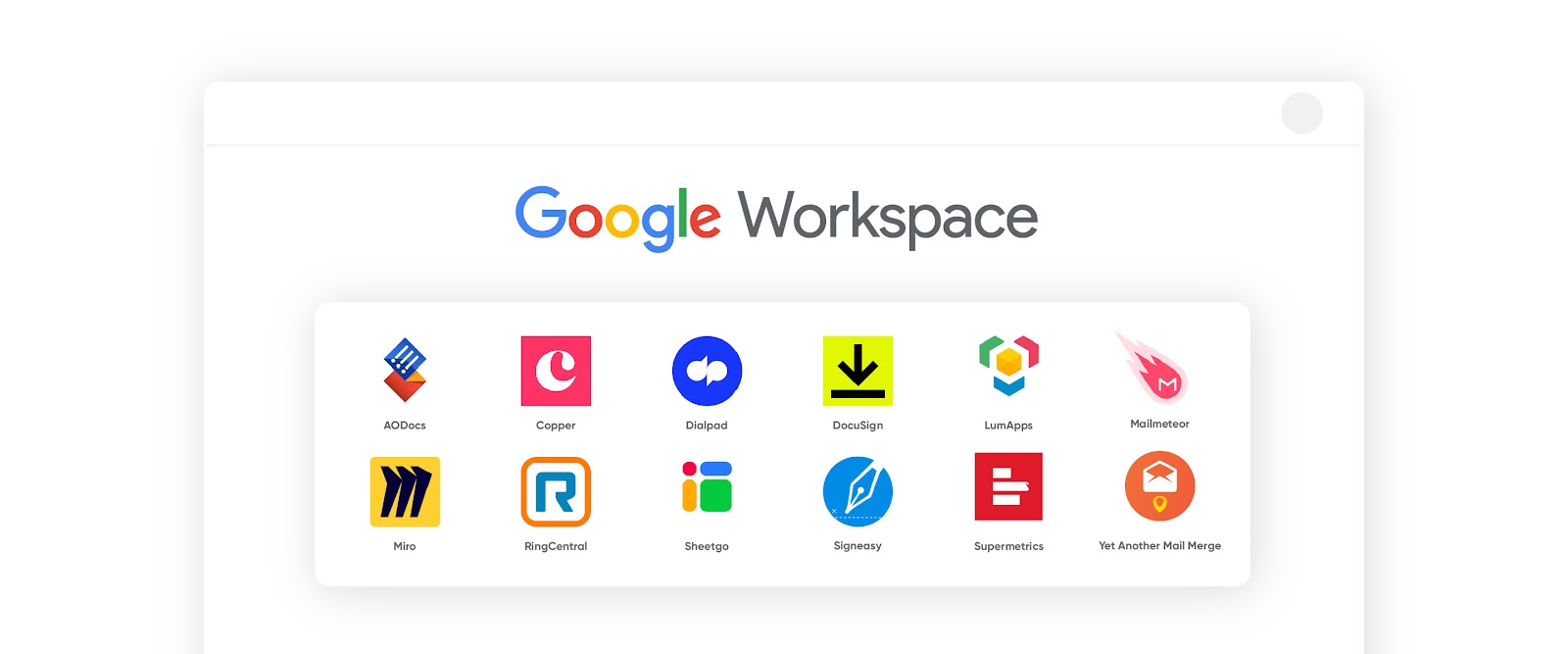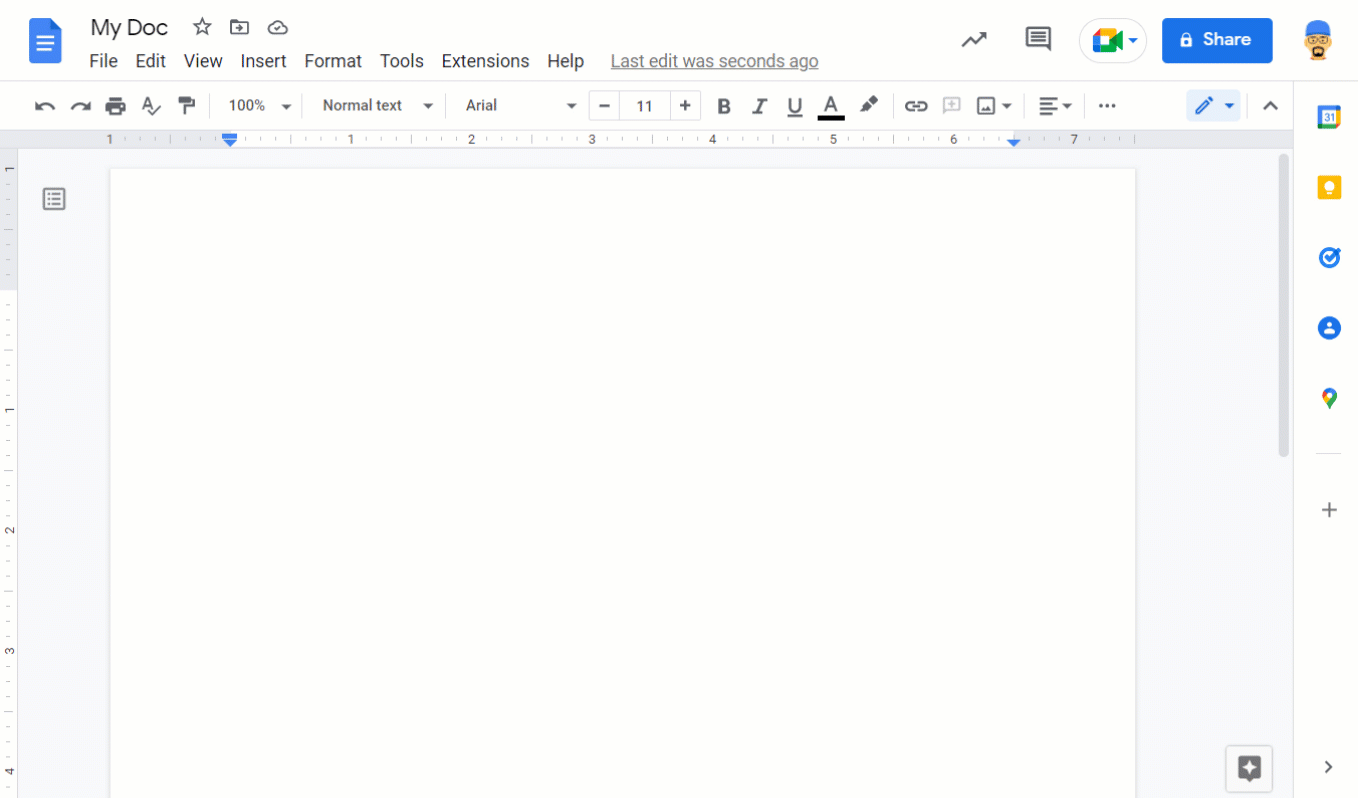Google Developer Experts (GDEs) are tech enthusiasts from around the world who are skilled in Google technologies, actively sharing their knowledge in talks, workshops and online content. Road to GDE, geared toward developers from historically underrepresented groups in tech, supports participants on their path to becoming GDEs. The three-month program pairs them with mentors — current GDEs — to learn new content development strategies and prepare for the GDE application and interview process.
The Road to GDE program launched in 2021 with 58 mentors and mentees. At the beginning of 2022, it had grown to 140 people — 70 mentors and 70 prospective GDEs — from around the world.
“We heard so much positive feedback about Road to GDE from both mentors and mentees that we decided to scale it up,” says Pati Jurek, a program manager for Road to GDE. “It was amazing to see how it sparked connections among people in Europe, Africa, Asia and South America, all working toward a shared goal to become Google Developer Experts.”
Sharing knowledge with the community
Kensy Ayala from Honduras taught a workshop at the Google Developer Student Clubs (GDSC) Latin America conference and regularly gives talks to Google Developer Groups about technologies like Angular and Firebase. She joined Road to GDE to get new content ideas and walked away with a reaffirmed passion for teaching others to code: “I love software development, and I love Angular, and I feel more inspired than ever to share that knowledge.”
Ezekias Bokove from the Republic of Benin joined “to become part of a community of passionate and experienced people” and improve his content production skills. “Thanks to the program, the quality of my content has improved significantly,” he says.
Road to GDE also helps mentees connect with even more communities. “Through this program, I was able to reach more developers around the world,” says Ahmed Tikiwa from South Africa. “I started giving virtual talks to audiences in France, Croatia, Norway, Germany and the U.S. My network has grown tremendously.”
Supporting prospective GDEs
The mentors behind Road to GDE play a key role in the program, and their mentees’ success.
Dart and Flutter GDE Anna Leushchenko from Ukraine helped her mentee build up their confidence and learn more about the GDE program and application process: “My mentee applied for the GDE program before the Road to GDE program ended,” says Anna. “I was so happy to learn they’ve already successfully passed the first step!”
After completing the Road to GDE program, which included mentoring sessions with Debbie O’Brien, Dominika Zajac from Poland became a Web Technologies GDE. “Debbie helped me improve my articles, lectures and social media content,” says Dominika. “With her guidance, I also understood the application process better and gained the confidence to pursue my path as a GDE.”
Join us on the Road to GDE
Interested in the Road to GDE program? Applications are now open for the next cohort, happening August 31 to December 1. Apply by July 22!















